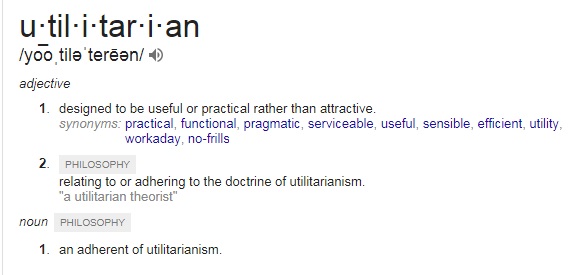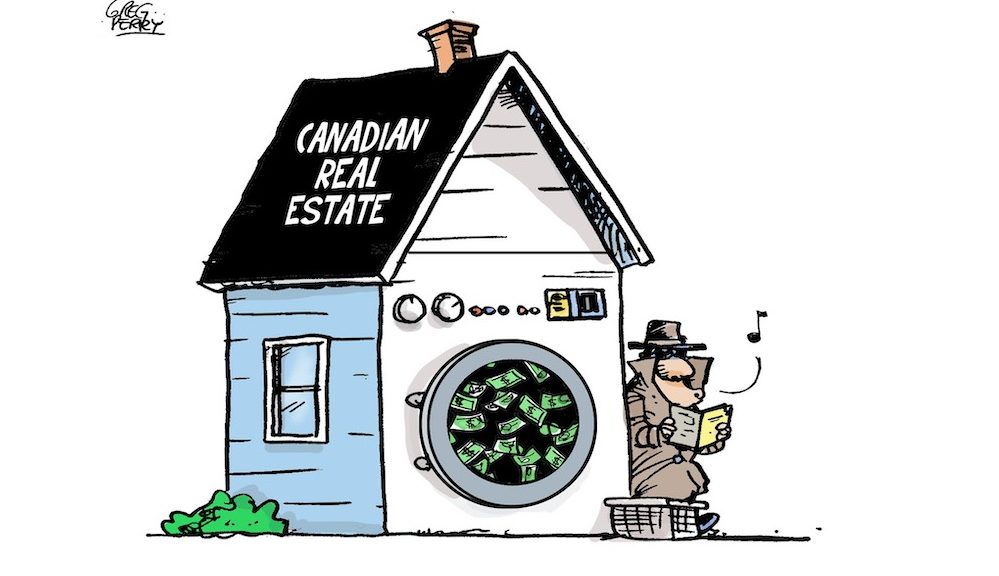| Ottawa, ON – Brad Vis, Conservative Shadow Minister for Housing, and Gérard Deltell, House Leader of the Official Opposition, issued the following statement after the Liberals voted against a Conservative motion to address the housing crisis in Canada: “Canada’s Conservatives are disappointed that the Trudeau government voted against addressing the growing housing and affordability crisis in Canada. “Conservatives asked for commonsense solutions to combat money laundering and foreign money pouring into the real estate market and called for measures to increase rental housing units and supply. “Experts say the government has ‘ignored’ calls to action and the cost of housing will jump another 13 per cent this year, making it even more impossible for first time home buyers to enter the market. Instead of supporting these commonsense solutions that experts have been calling for, the Trudeau Liberals instead chose to let down Canadians and continue their support for a system that favours foreign buyers and unaffordability for Canadians. “The Trudeau Liberals continue to double down on their ineffective, barely-used First Time Home Buyer Incentive, and pump billions of taxpayer dollars into a National Housing Strategy that has only seen Canadian housing become more unaffordable under its operation. The Trudeau government’s failures are ensuring the dream of homeownership is even more out of reach for Canadians. “If you are not worried about the cost of purchasing a home, you have three parties to choose from. If you are, you only have one choice – Canada’s Conservatives.” The Conservative Opposition Day motion can be found here. Office of Brad Vis, M.P. Blair.Kesteven.817@parl.gc.ca 613-992-1275 Please mention The Silo when contacting. Office of Gérard Deltell, M.P. Nathan.Ellis@parl.gc.ca 613-720-9245 Please mention The Silo when contacting. |
| Les libéraux votent contre le rêve de l’accès à la propriété des Canadiens juin 2021 Ottawa (Ontario) – Gérard Deltell, leader de l’opposition à la Chambre, et Brad Vis, ministre du Cabinet fantôme conservateur responsable du Logement, ont fait la déclaration suivante après que les libéraux ont voté contre une motion conservatrice visant à répondre à la crise du logement au Canada : « Les conservateurs du Canada sont déçus que le gouvernement Trudeau ait voté contre une réponse à la crise grandissante du logement et de l’abordabilité au Canada. « Les conservateurs ont demandé des solutions sensées pour lutter contre le blanchiment d’argent, l’apport des capitaux étrangers sur le marché immobilier, ainsi que des mesures pour augmenter le nombre et l’offre de logements. « Les experts disent que le gouvernement ‘ignore’ les appels à l’action et que le coût des habitations va augmenter de 13 pour cent cette année, rendant encore plus difficile pour les premiers acheteurs d’entrer sur le marché. Au lieu de soutenir les solutions sensées que réclament les experts, les libéraux de Trudeau préfèrent laisser tomber les Canadiens et continuer à soutenir un système qui favorise les acheteurs étrangers et augmente l’inabordabilité pour les Canadiens. « Les libéraux de Trudeau continuent de renchérir sur leur Incitatif à l’achat d’une première propriété, qui est inefficace et peu utilisé, et à mettre des milliards de dollars des contribuables dans une Stratégie nationale sur le logement qui fait en sorte que le coût des propriétés est de plus inabordable. À cause des échecs du gouvernement Trudeau, le rêve de l’accès à la propriété est encore plus hors de portée pour les Canadiens. « Si vous ne vous préoccupez pas du coût des habitations, vous avez le choix entre trois partis. Si vous vous en préoccupez, vous n’avez qu’un seul choix – les conservateurs du Canada. » La motion de la journée de l’opposition conservatrice figure ici. |
Tag Archives: home ownership
How Societies Become Consumer Cultures Through Housing
Alfred Marshall’s (Principles of Economics, 1891) view of housing still goes right to the heart of what makes housing and built environment an important anthropological topic. No artifact is so clearly multi-functional, simultaneously a utilitarian object of absolute necessity, and an item of symbolic material culture, a text of almost unending complexity.

In every house the economic, social and symbolic dimensions of behavior come together. This may be why the analysis of housing has had such a wide appeal in disciplines as diverse as social psychology, folklore, economics and engineering. Anthropologists themselves have shown a new willingness to consider the house as a key artifact in understanding the articulation of economic and social change during economic development.

From the perspective of our own contemporary society, surrounded by houses of all shapes and sizes, where wealth and luxury are synonymous with housing, this seems obvious and commonplace. The 1980’s television show “Lifestyles of the Rich and Famous” and journals like “Architectural Review” are odes to the home as a shrine and symbol of wealth. But just as clearly, there are societies where all the houses look alike, even though all the people are not alike. Perhaps then, the assumption that there is something natural and obvious about spending on the house and home market as a marker of prestige is ethnocentric. Why the house instead of something else?

A number of anthropological approaches attempt to place the house in a theoretical context which answer this question by relating housing to social, economic, and psychological variation and change. For example, a utilitarian approach that views the house partially as a workspace links changes in the elaboration of houses to changes in the kinds of work done in the household (Braudel 1973:201). Or if the house is seen as a reflection of how all household activities are organized and divided, then the shape of the house will change as activities are modified, differentiated, or recombined (Kent 1983, 1984).

An even more utilitarian perspective relates the form of the house to climate, technology and the kinds of building materials that are available (Duly 1979). For the Silo, Richard R. Wilk.
Read on..click here and read the full PDF document on your device.
Supplemental- Complete Text Principles of Economics (London: Macmillan and Co. 8th ed. 1920).
Author: Alfred Marshall
About This Title: This is the 8th edition of what is regarded to be the first “modern” economics textbook, leading in various editions from the 19th into the 20th century. The final 8th edition was Marshall’s most-used and most-cited.

